Ben Murray: Dad pleased with plan to lower suicide risk at uni
- Published
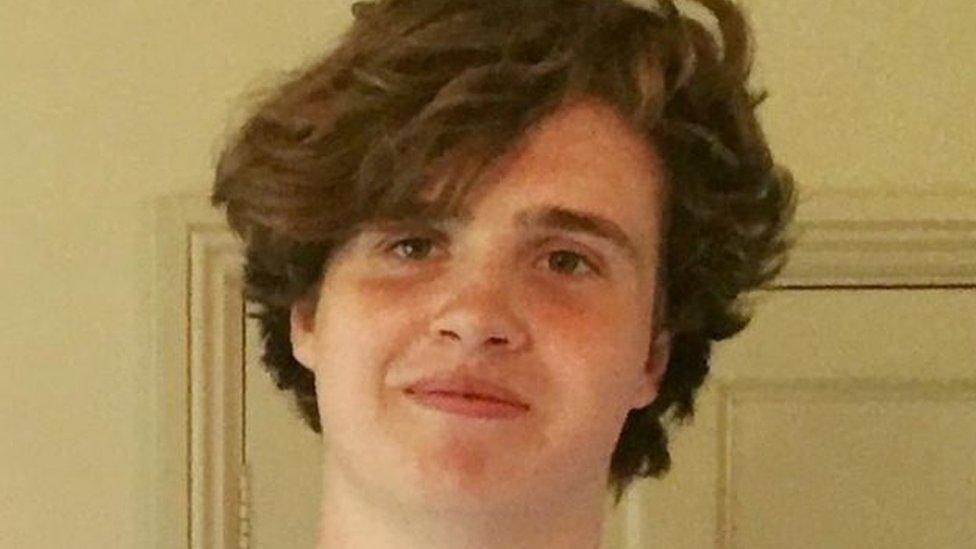
Ben Murray, 19, died in 2018 after being told by letter to leave his course
The dad of a teenager who took his own life has said he is pleased by the progress of a prevention scheme, but thinks more could be done.
Ben Murray, 19, died after being told by letter to leave the University of Bristol.
His dad James Murray campaigned for a relaxation in data protection laws so families could be contacted if there were concerns.
An opt-in programme to allow universities to do so was then created.

If you are affected by issues raised in this article, help and support is available via the BBC Action Line.

When Ben Murray died on 5 May 2018, he was in the midst of being dismissed from the university in a formal process which involved no face-to-face meetings.
The "bright" student had missed lectures and exams for his English Literature course and told the University he was suffering from anxiety.
Ben has been described as kind, sensitive and intelligent beyond his years.
The opt-in programme, pioneered at University of Bristol, allows a parent or relative of a student to be contacted if the student consents.
The university confirmed to the BBC, the proportion of students choosing to opt-in has consistently remained around the 90% mark since it was introduced in September 2018.
In the first year of the opt-in scheme 2018/19, the university contacted parents or designated contacts 36 times.
This has almost tripled to 98 in the last academic year 2021/22.
Mr Murray said: "You will hear parents and families, who have been bereaved, talking about how they want to avoid this happening to other families.
"And quite often they just set out to save one person's life and that's enough because they know the devastation that goes with the loss of just one life.
"If just one person was helped to safety that would be enough.
"Yet to think that perhaps in amongst the 98 people whose families were contacted by Bristol because they had serious concerns about mental health, one was perhaps helped to safety...is enough."
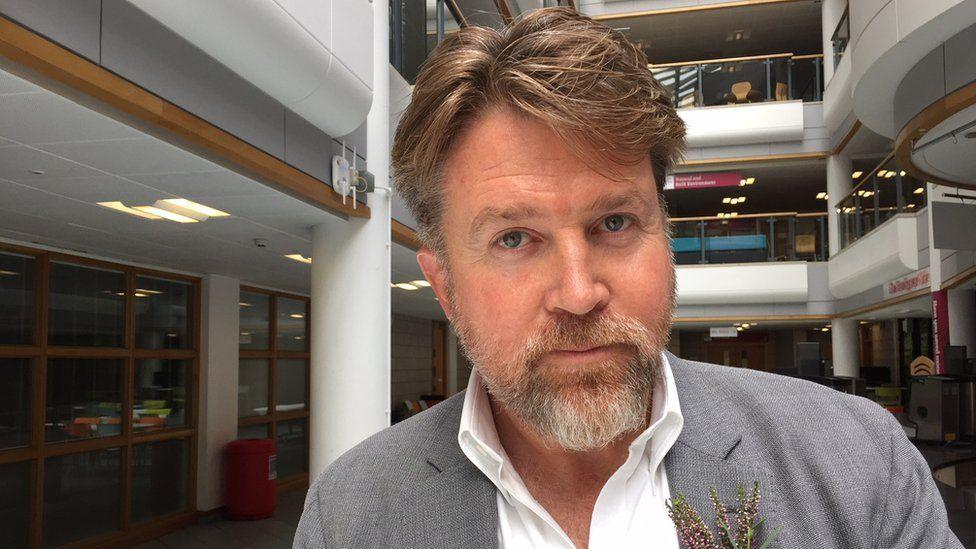
James Murray's son's death led to the creation of the new scheme
Alison Golden, director of student health and inclusion at the University of Bristol said: "It has to be really significant for us to call, we have to have serious concerns about the student.
"We try and tell the student in advance we are going to contact their emergency contact.
"It's when we want to add something extra to the network of support we're putting around that student, where we feel we can't manage and we're struggling to get them to engage.
"It's too complicated an issue to say the scheme by itself will save lives but I guess for us its an extra tool we use a part of our framework to support students."
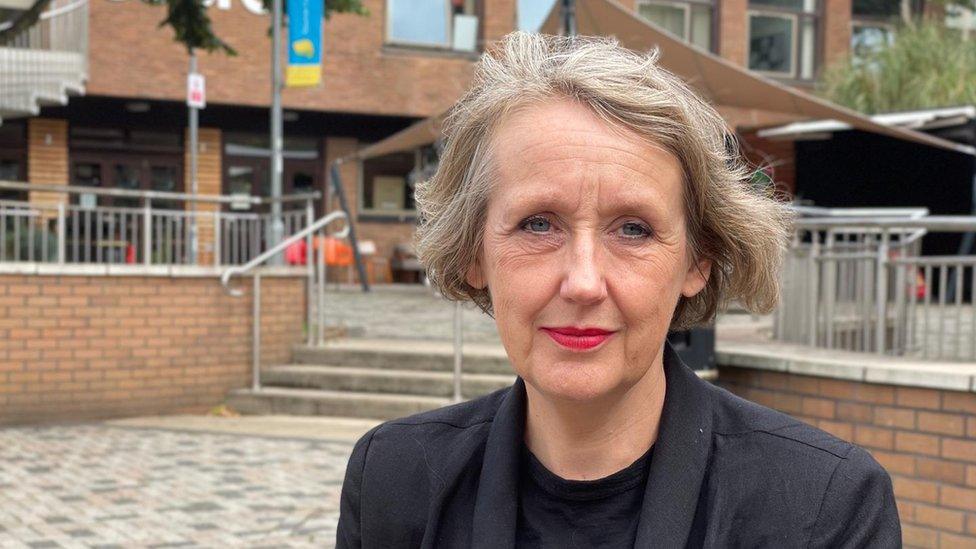
Alison Golden is the director of student health and inclusion at Bristol University
Yet only 28 universities have taken up the opt-in scheme to contact the parent or guardian of a student in crisis, according to The Times.
Mr Murray said more universities should think about getting consent from students to contact family members in a crisis during the enrolment process.
Other universities across the South West have versions of the scheme in place.
The University of Gloucester and University of Bath require students to supply details of a nominated person they can contact in an emergency at enrolment and they reserve the right to contact them with concerns.
Bath Spa University adapted the opt-in scheme in 2021 and the University of the West of England has an emergency contacts system which they operate in a "case by case basis".
Mr Murray said: "Nobody expects that a member of their family would go to university and never come back, when it does happen it is absolutely devastating - the hole it leaves in your life is huge.
"Ben's legacy is one of kindness, I think Ben would be very pleased and proud that he's had this impact on so many young lives."
Proud of legacy
Mr Murray added: "The upshot of this type of initiative will be a much more compassionate university sector that we can be proud of.
"We have to get better at learning form the past, these are learning institutions, if we don't learn from the deaths of our children, our siblings, what do we learn from?
"We have to honour their memory."
Mr Murray added that he is now campaigning to make sure every university looks at moments of self harm, attempted suicide and suicide to assess the things they did well or the things they could improve on in a no blame way.
"If we can get better at spotting the signs, having the conversations, taking notice of people who might be struggling then everyone will benefit," he said.
"The grief won't go away but its perspective in your life changes and this sort of information coming from Bristol is a step in the right direction for us that we can get more meaning from Ben's life.
"Ben taught us all a big lesson, its a tough lesson, its a lesson in kindness, noticing other people and taking action if you have have got the slightest doubt or concern - you can save a life, suicide is preventable.
"If we see a change in someone we know go and have a conversion - it may change someone's life."

Follow BBC West on Facebook, external, Twitter, external and Instagram, external. Send your story ideas to: bristol@bbc.co.uk , external
Related topics
- Published2 May 2019
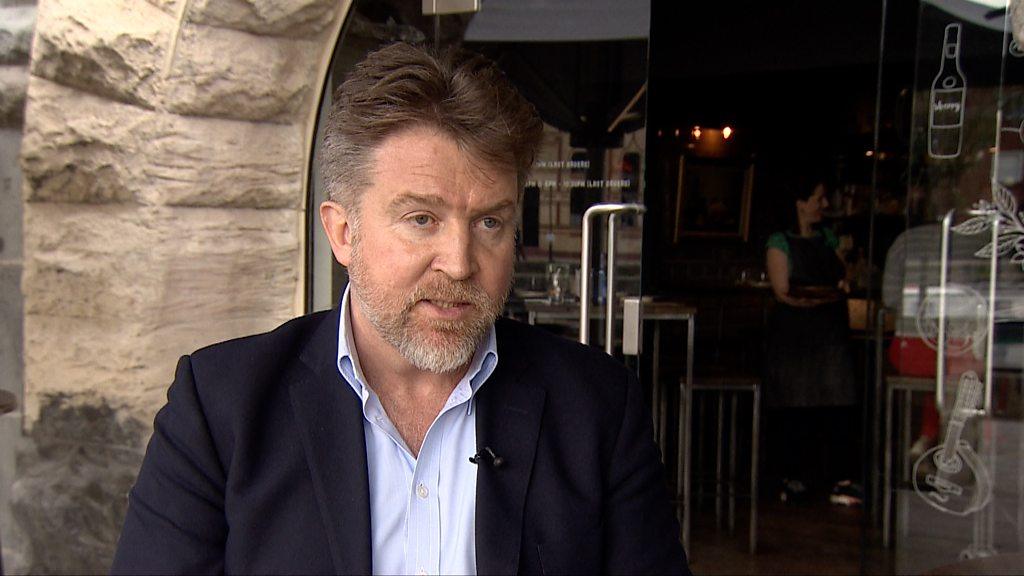
- Published12 June 2018

- Published1 May 2019
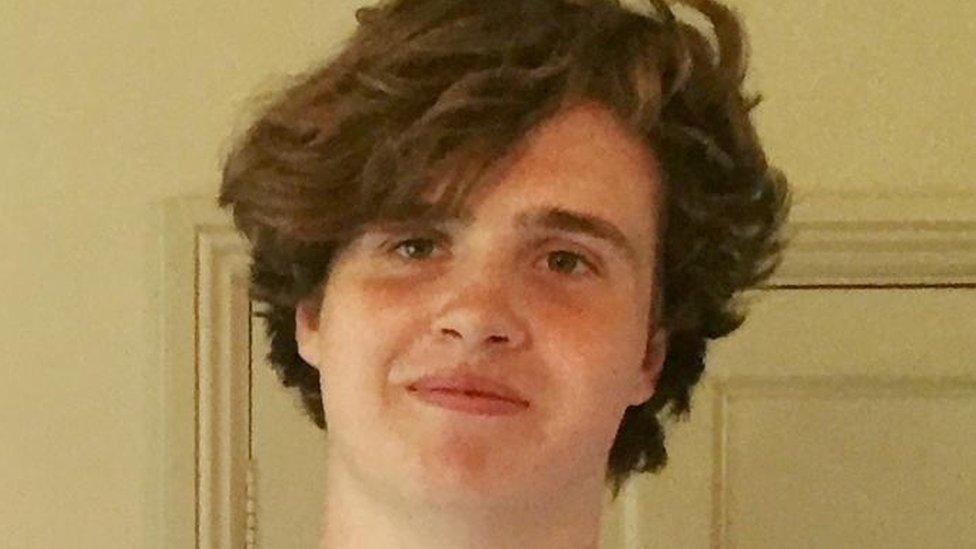
- Published12 May 2021
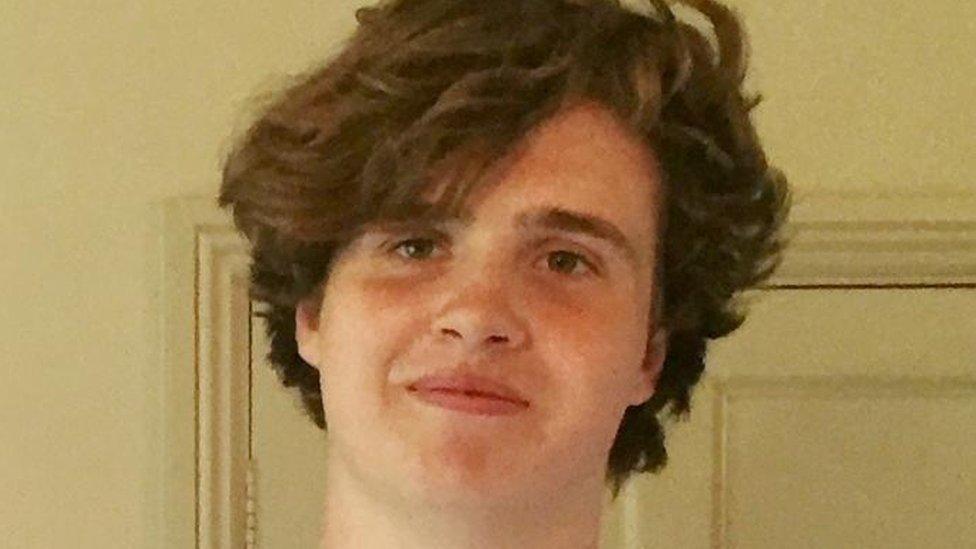
- Published2 May 2019
